Facebook is testing a new feature in India. One that could help you protect your profile photos from being used on sites without your permission.
This issue is a lot more common than you'd think. Most of us have seen the MTV show 'Catfish' or at least have heard of it. A person is fooled by another person who creates a fake persona online to seduce people. But people typically don't stop to think about how they effectively steal someone else's photos, and how you could be the next one who has their photo stolen and misused. And it's not always as innocent as someone using the photo because they're insecure about their own looks.
There have been several cases where people's Facebook photos were put on sites like Backpage and sites for pornography without their consent.
Adriana Henderson from Houston had her photos stolen and put on a prostitution page in 2015. A woman in Nebraska discovered that someone recreated her Facebook account to arrange meetings with men. Often times these are cases of revenge porn, but in many instances, scammers just target people at random, and could even give hints to where you live.
Additionally, the Independent reported earlier this year that Facebook scammers are also using your profile photos to remake your Facebook account to trick people into revealing financial and personal details. This is known as 'cloning' and it's had thousands of victims just this year.
Scary, I know. All of this stuff is part of the terrifying reality that your online photos are not protected. The problem is, it's so easy to commit these crimes because there is little protection on Facebook photos, even if you set your privacy levels high.
Facebook's testing of the profile picture guard might be able to let us breathe a little easier. It's being developed for stopping scammers from being able to easily download your photos.
The feature is currently comprised of five different layers of protection.
First, people will no longer have the option to download or share your profile pictures, whether it be to their feed or in Messenger. This might be frustrating for those who want to save profile photos that they are in, but come on, message your friend and just ask them to send you the picture personally.
Second, no one will be able to take screenshots of the photos in the app (currently only in the Android app). Any attempt to take a screenshot will result in a black photo being saved to your phone, kind of like Netflix's mobile screenshotting protection.
Next, they are implementing "visual protections". These include blue borders around the photos and watermarks on top of the picture which Facebook hopes will reduce scams by 75%.
Finally, people who aren't on your friend's list will not be able to tag anyone, including themselves in your profile picture. If your account doesn't have high privacy settings implemented, any stranger can come and tag themselves or others in your photo, making it effectively theirs. We don't know why either, but that's a thing they can currently do.
All of this is optional, as you will have to manually turn on the profile picture guard.
According to the book 'Future Crimes' by Marc Goodman, 600,000 Facebook accounts get hacked per day. Those are some pretty terrifying numbers that Facebook is clamoring to bring down.
The features are currently being tested in India only and only on Android phones, but Facebook is hopeful that they will be able to implement the profile picture guard to everyone as soon as possible.
In the meantime, a few tips to help avoid your photos being stolen.
- Make sure your photos are only visible to friends — this can be done in your privacy settings, but has to be done manually or all of your photos will be public.
- Search yourself occasionally to make sure that no information is out there without your consent.
- Write a copyright on your images — it's ugly and easily removed, but it could reduce the likelihood of someone trying to steal it.
You can never truly be safe from scammers once you post photos on the Internet, but these measures can help reduce the likelihood of it happening, and hopefully, the Facebook profile picture guard will as well.
- Follow Gadget Hacks on Facebook, Twitter, Google+, YouTube, and Instagram
- Follow WonderHowTo on Facebook, Twitter, Pinterest, and Google+
Cover image via Tech Trone/YouTube







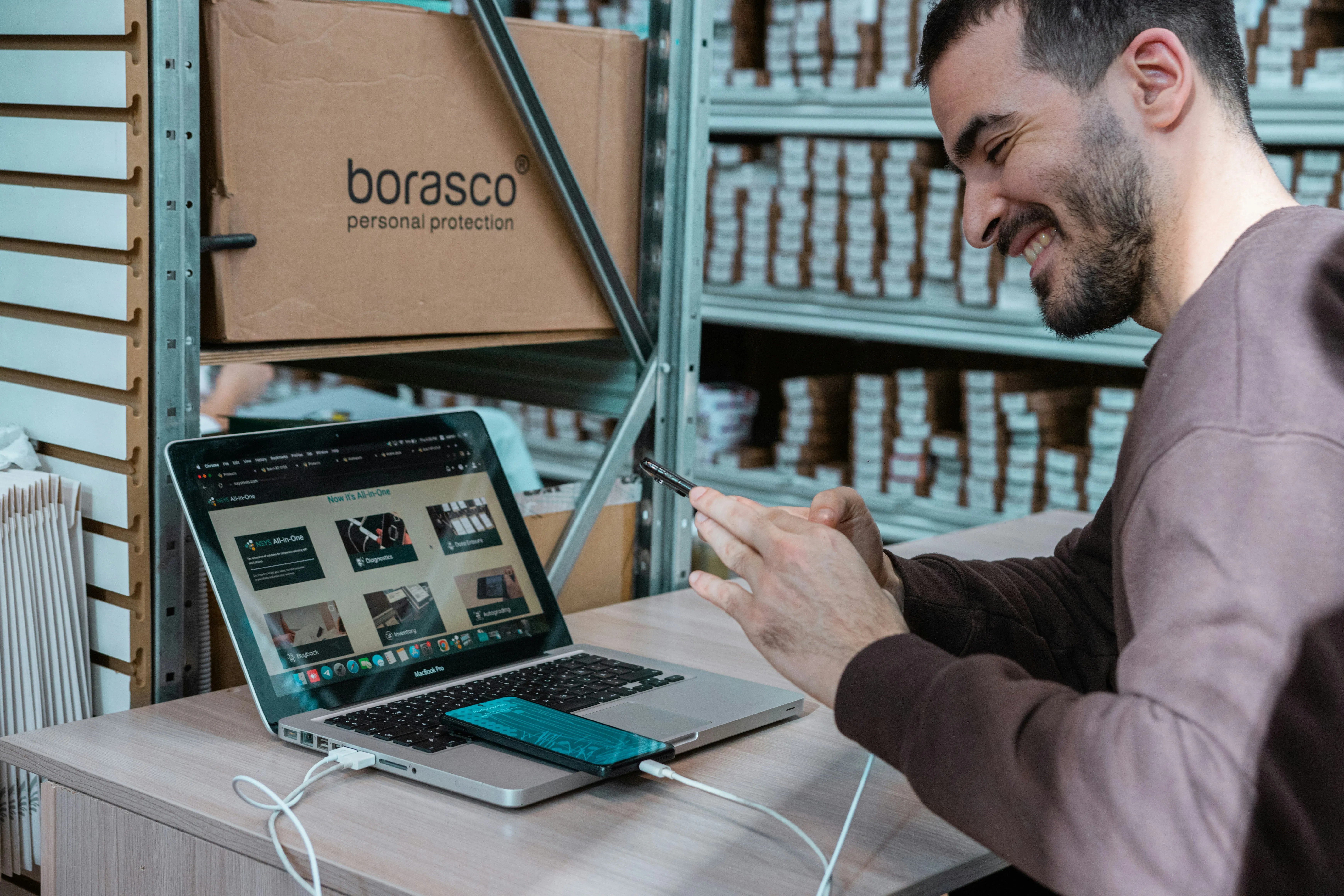
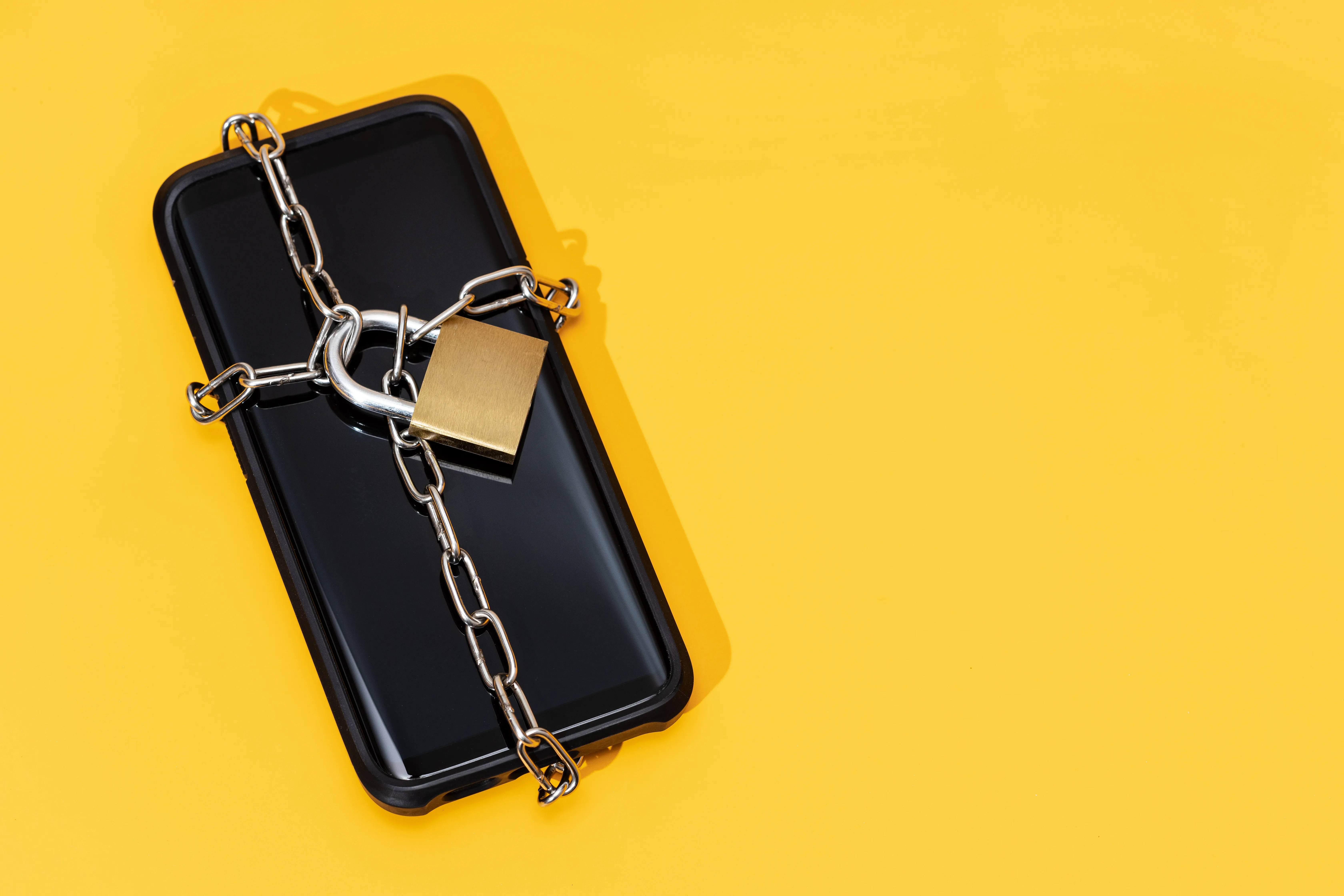
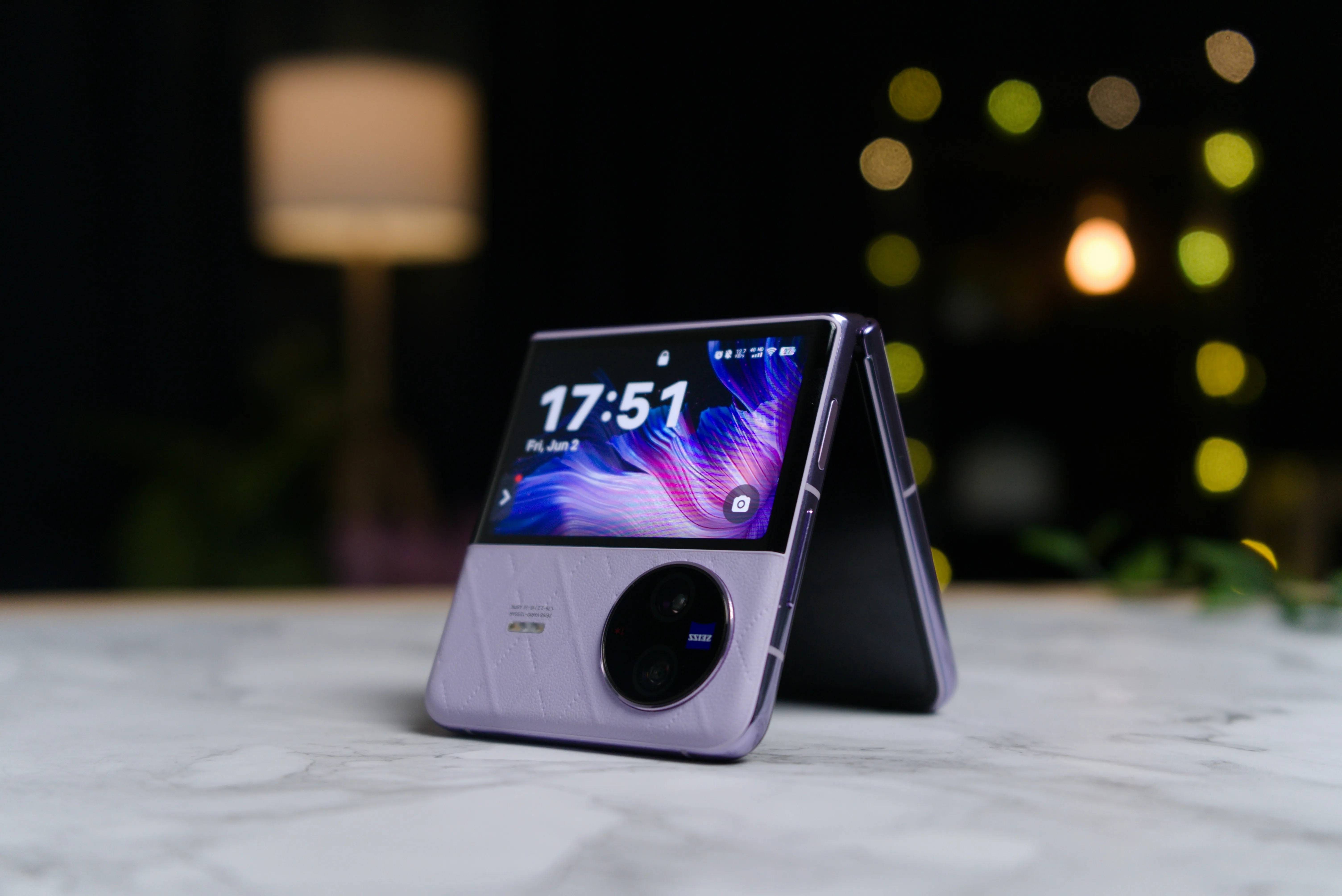
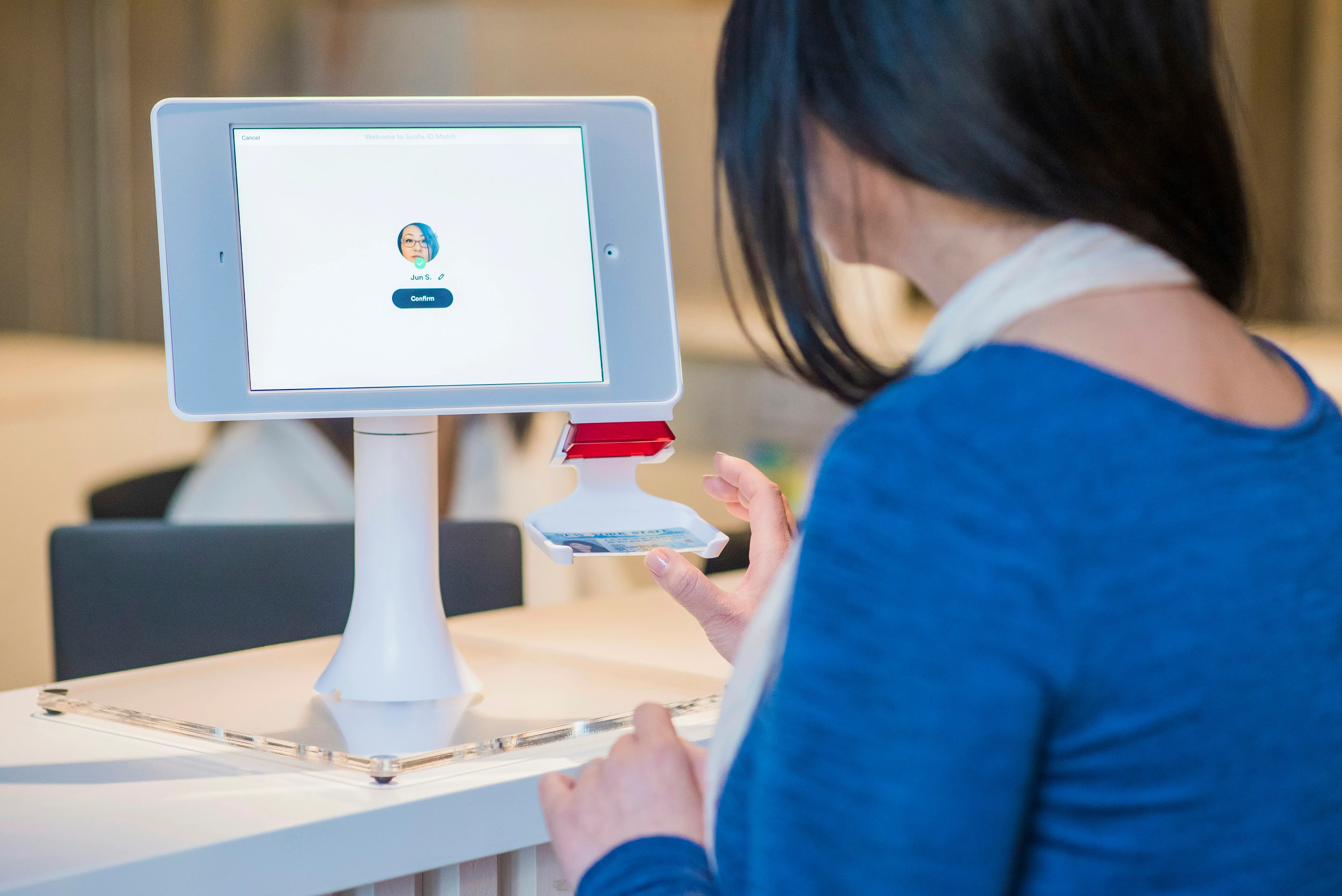
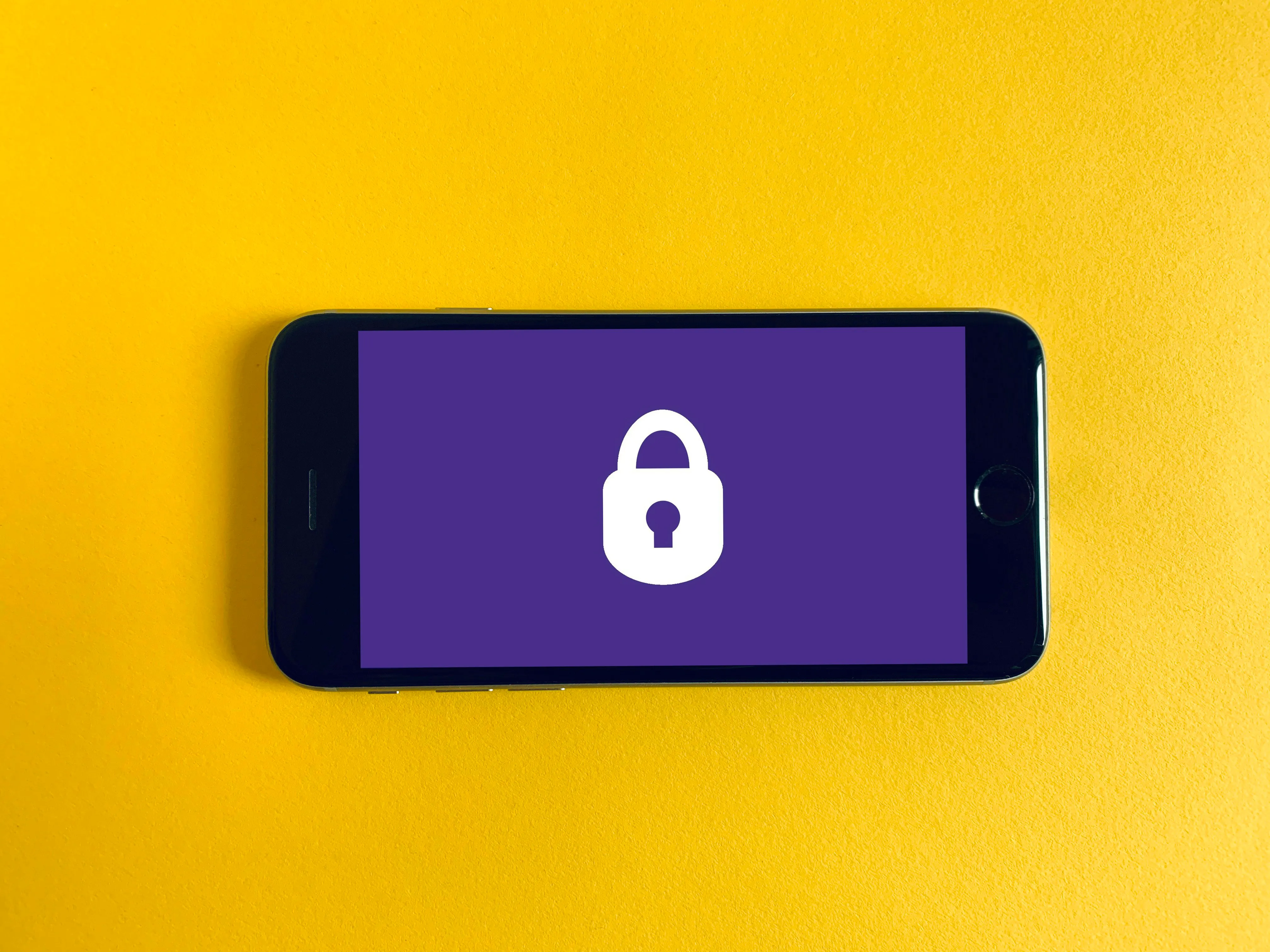
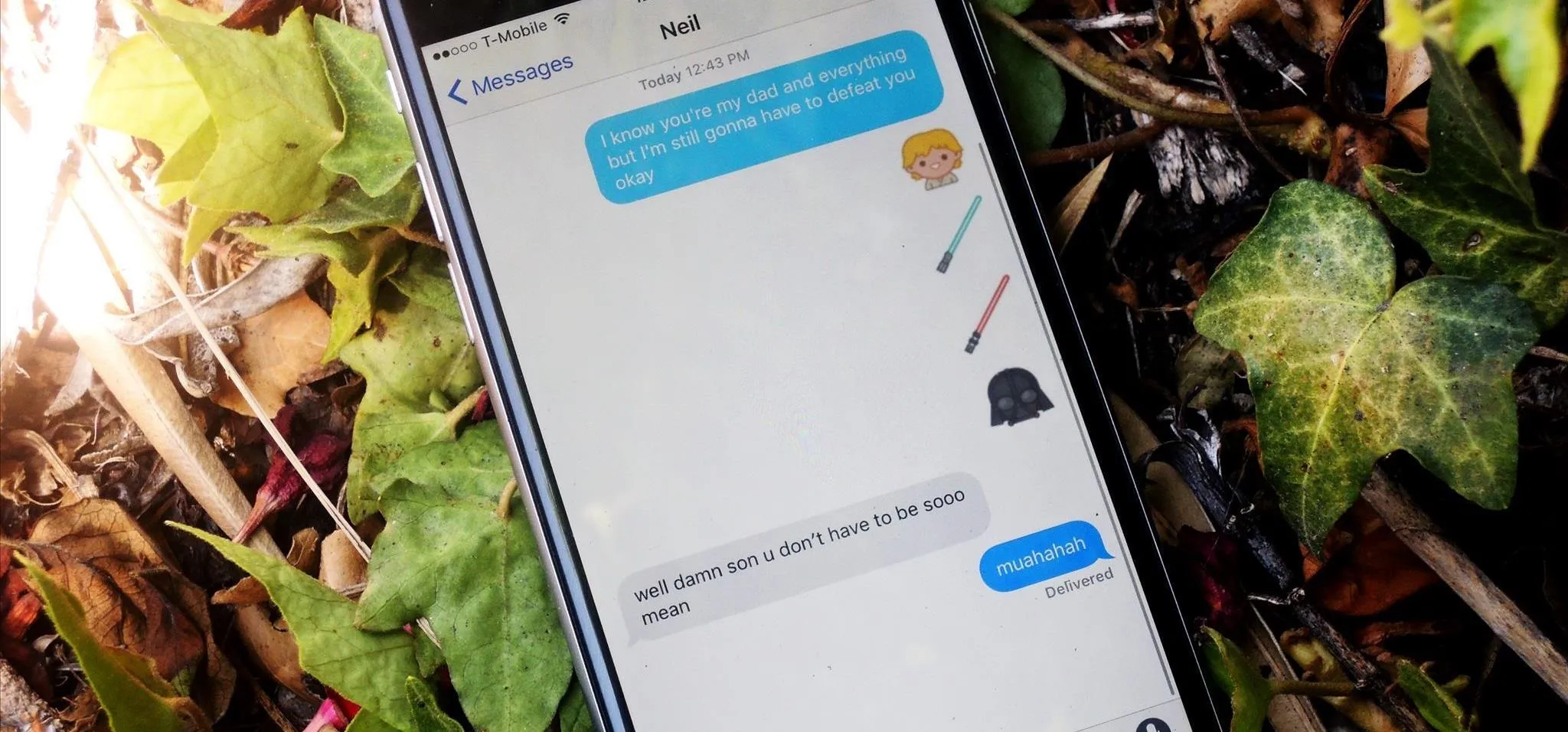
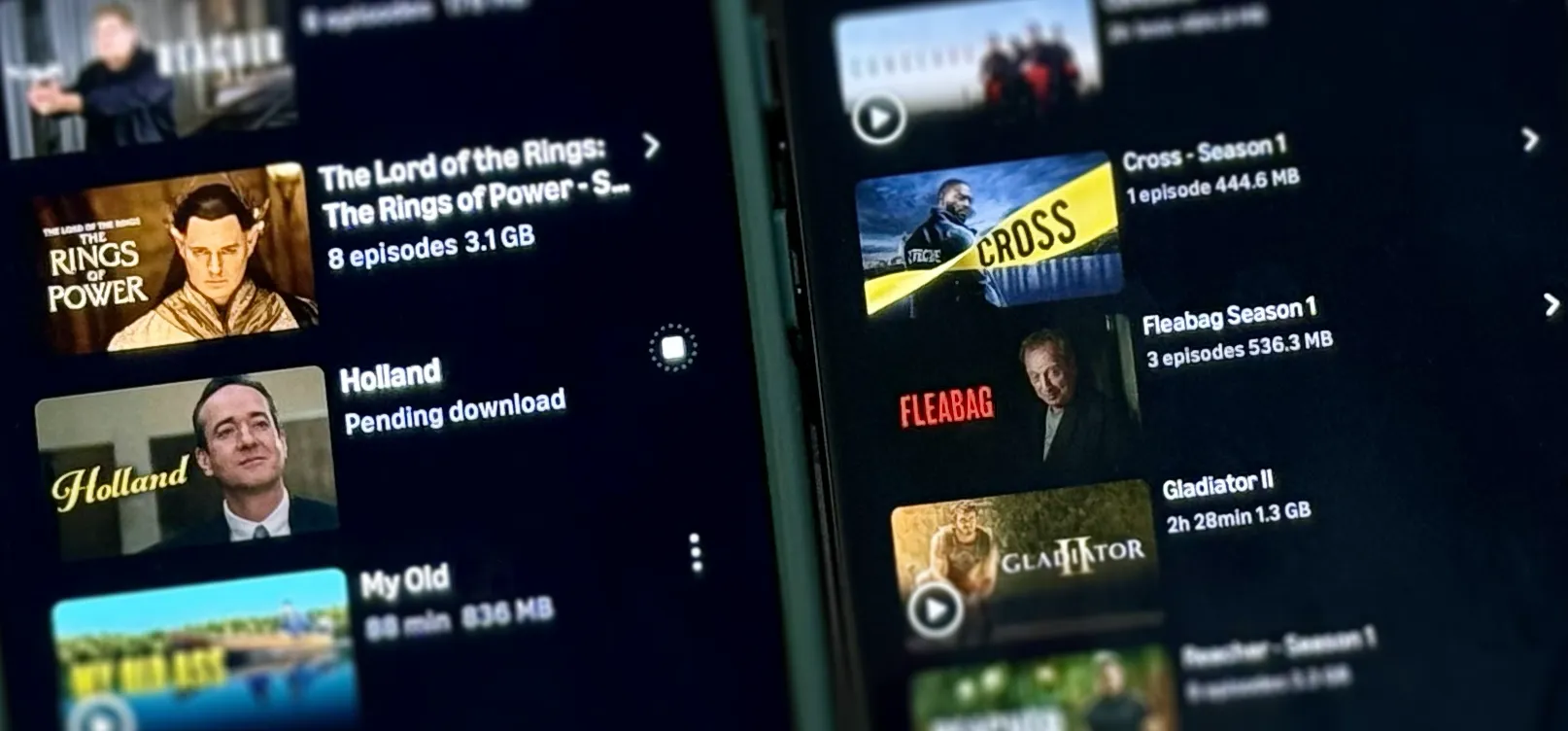

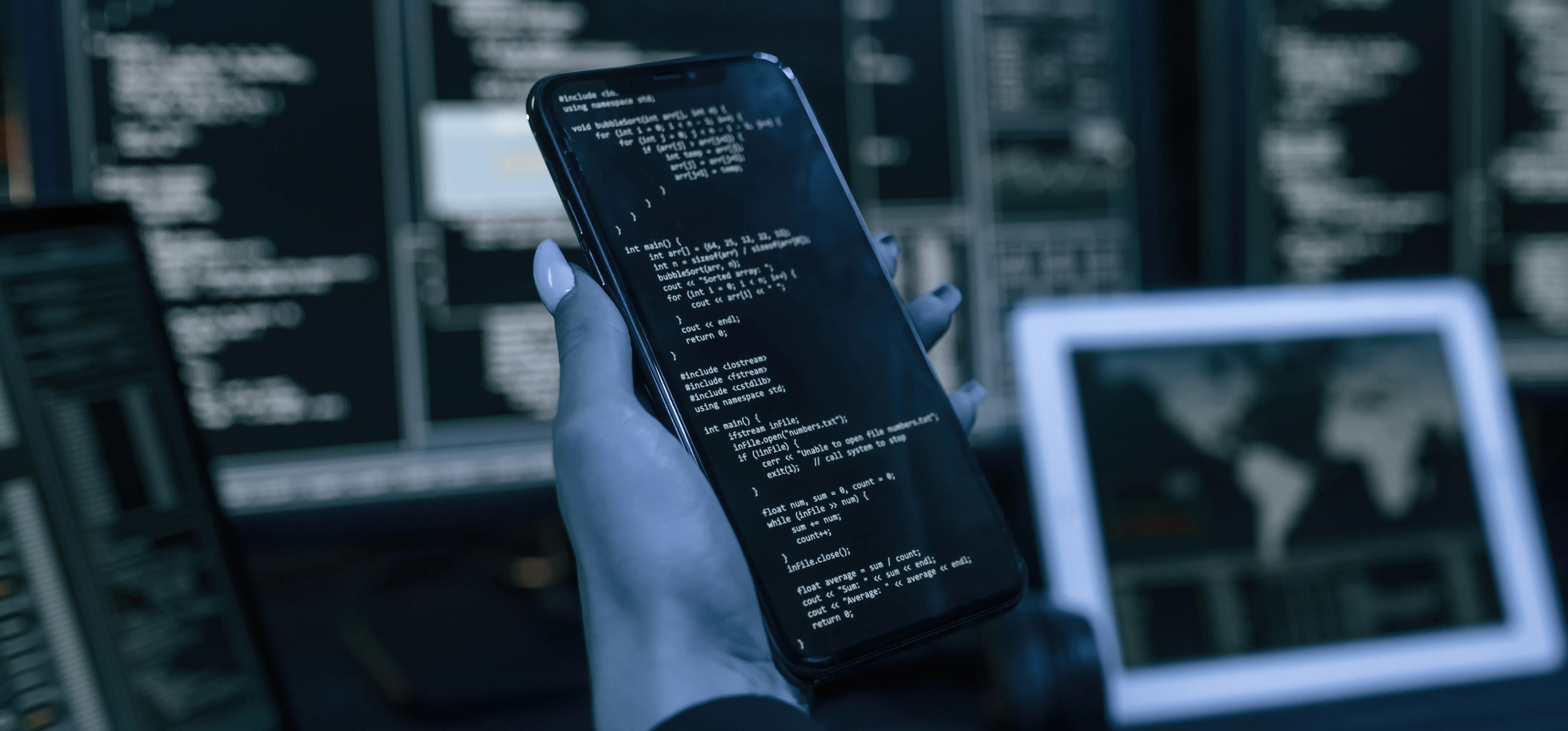

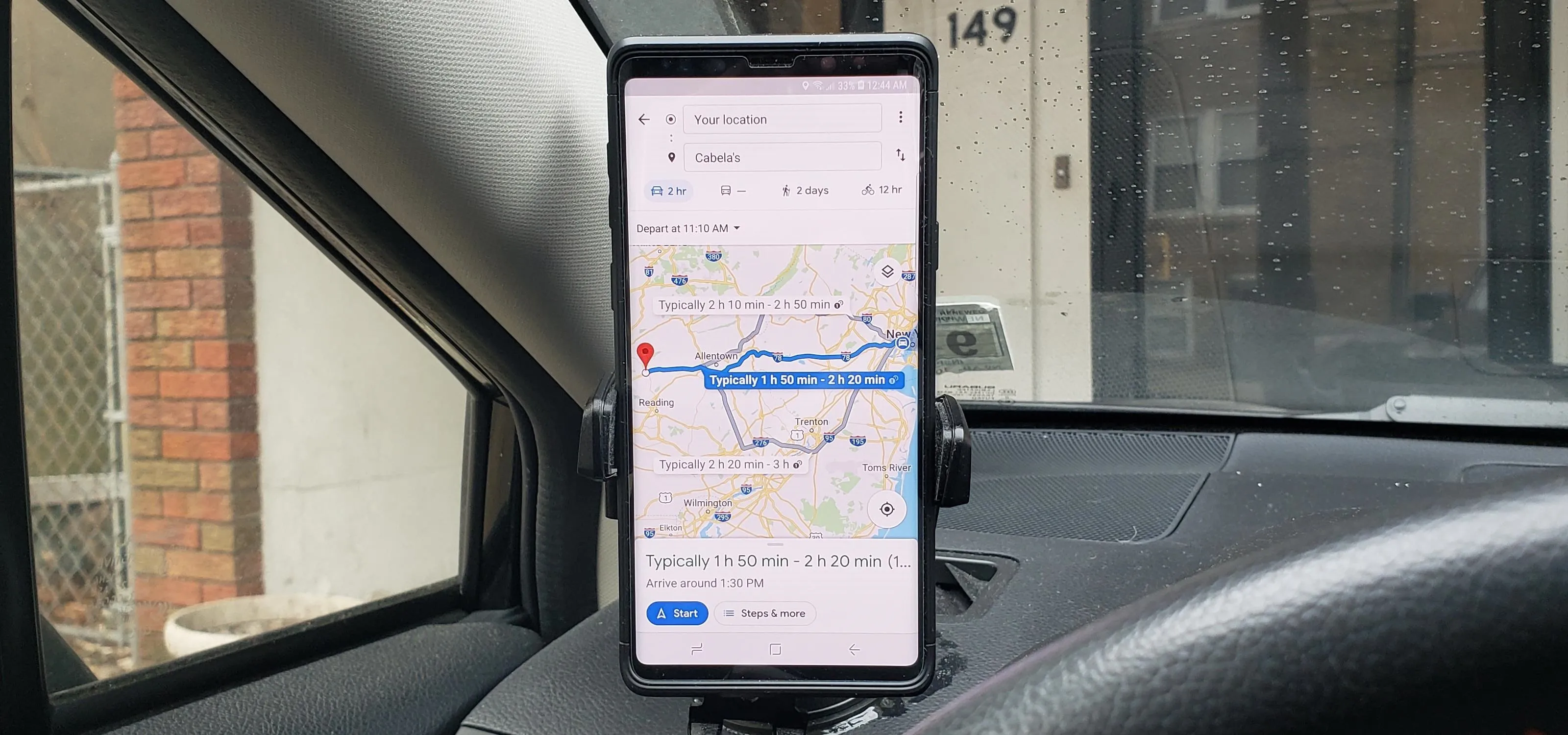
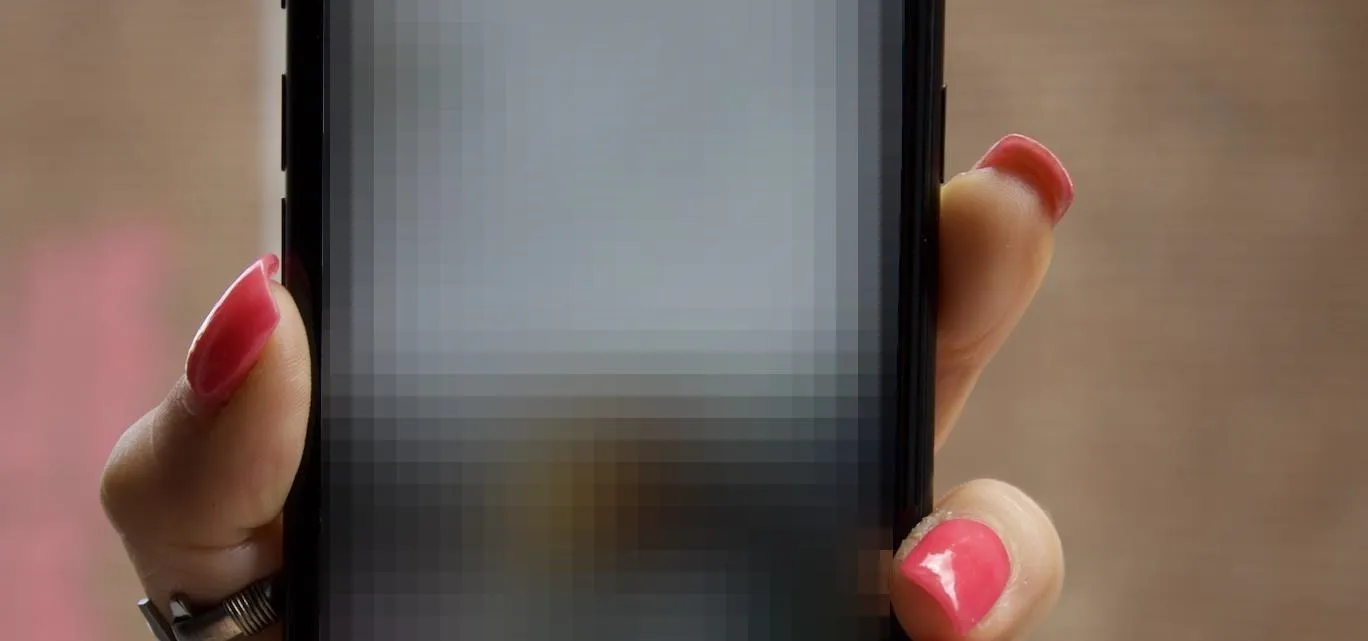

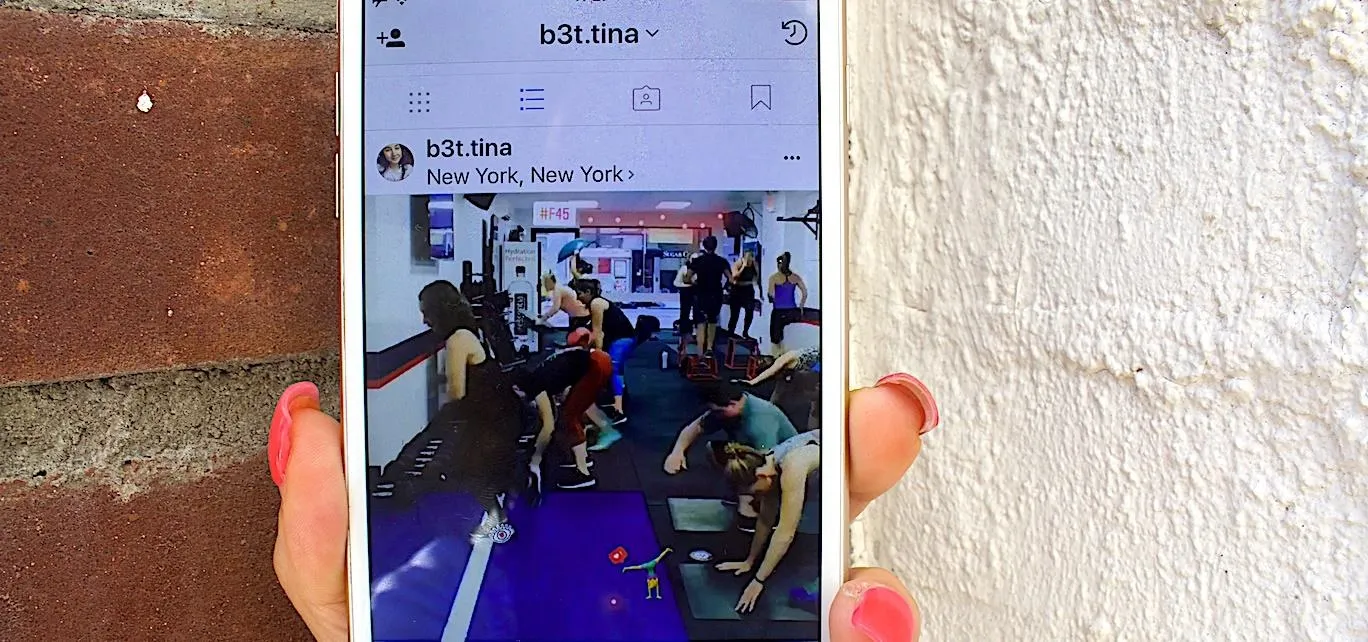
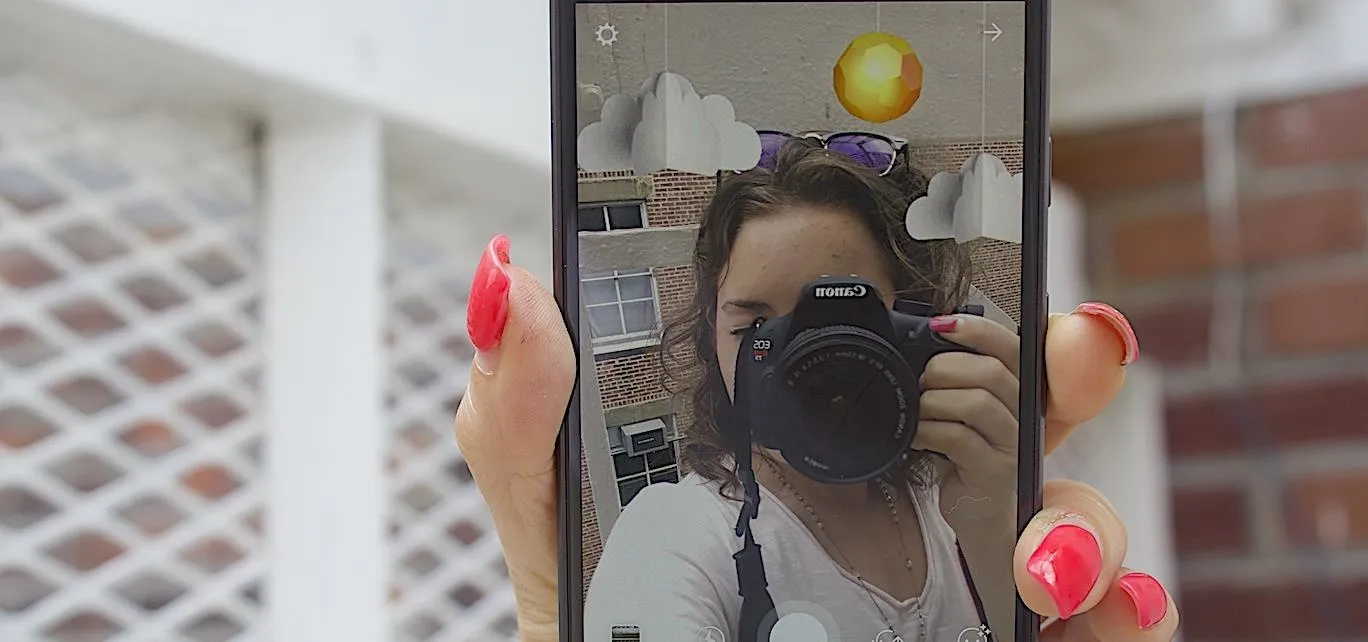
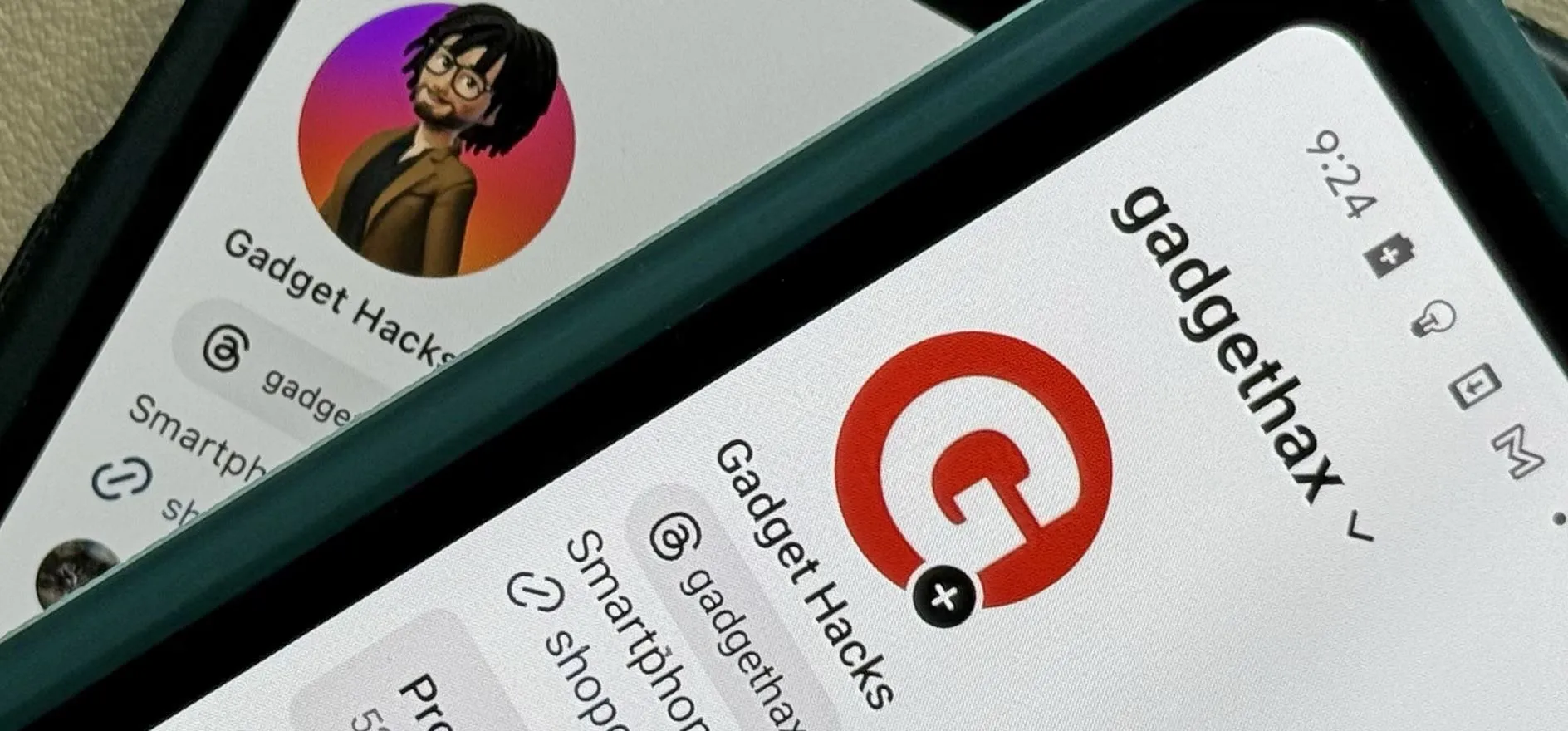
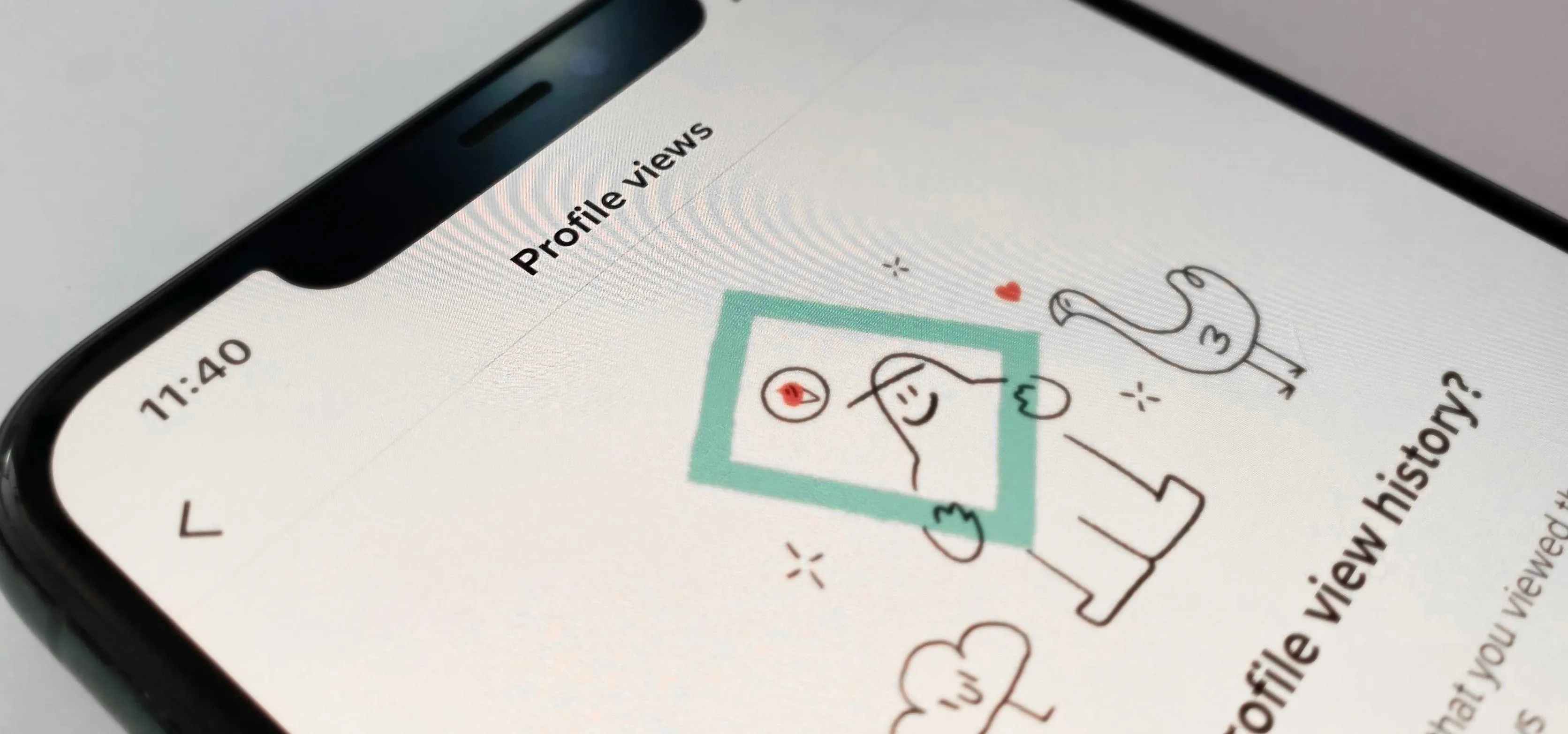
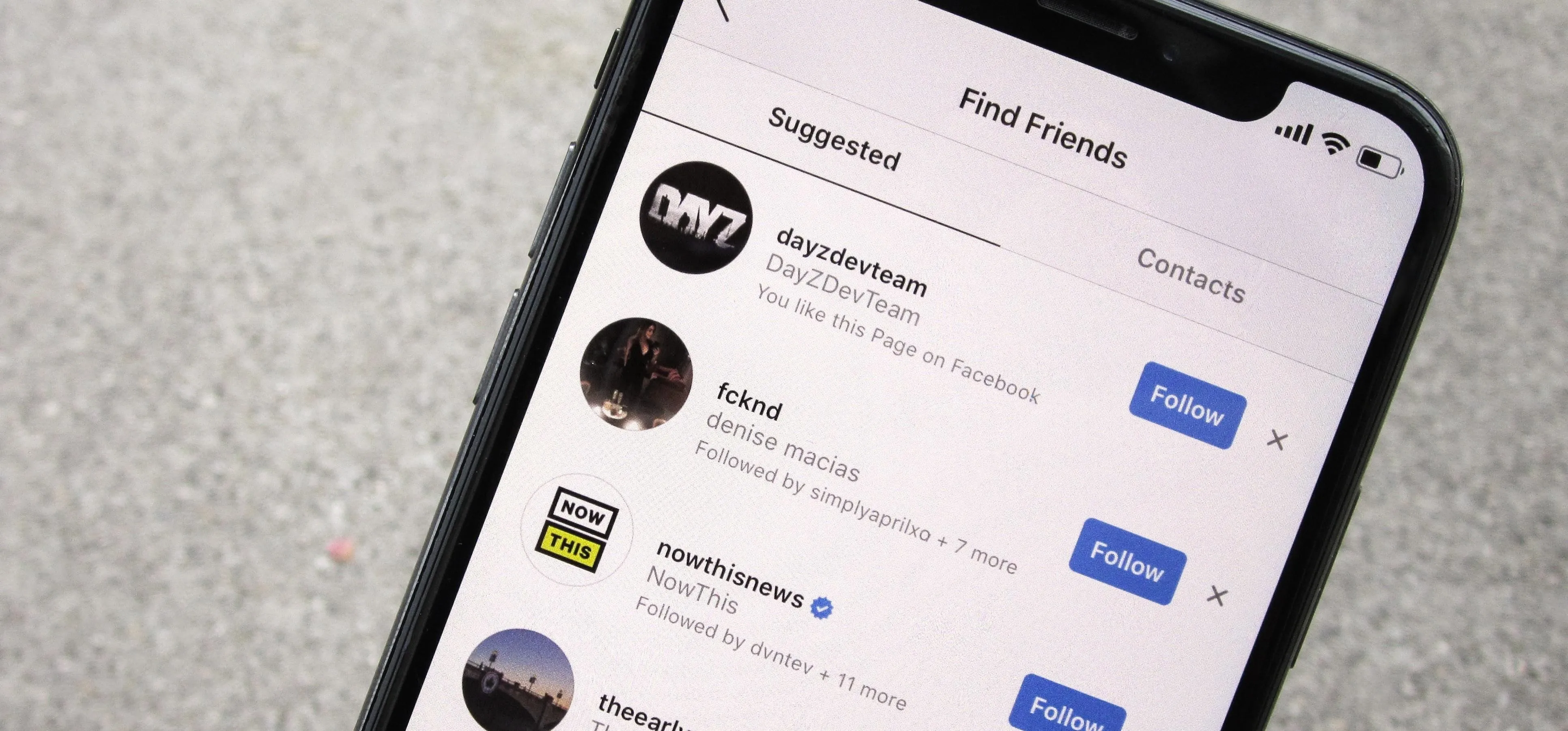
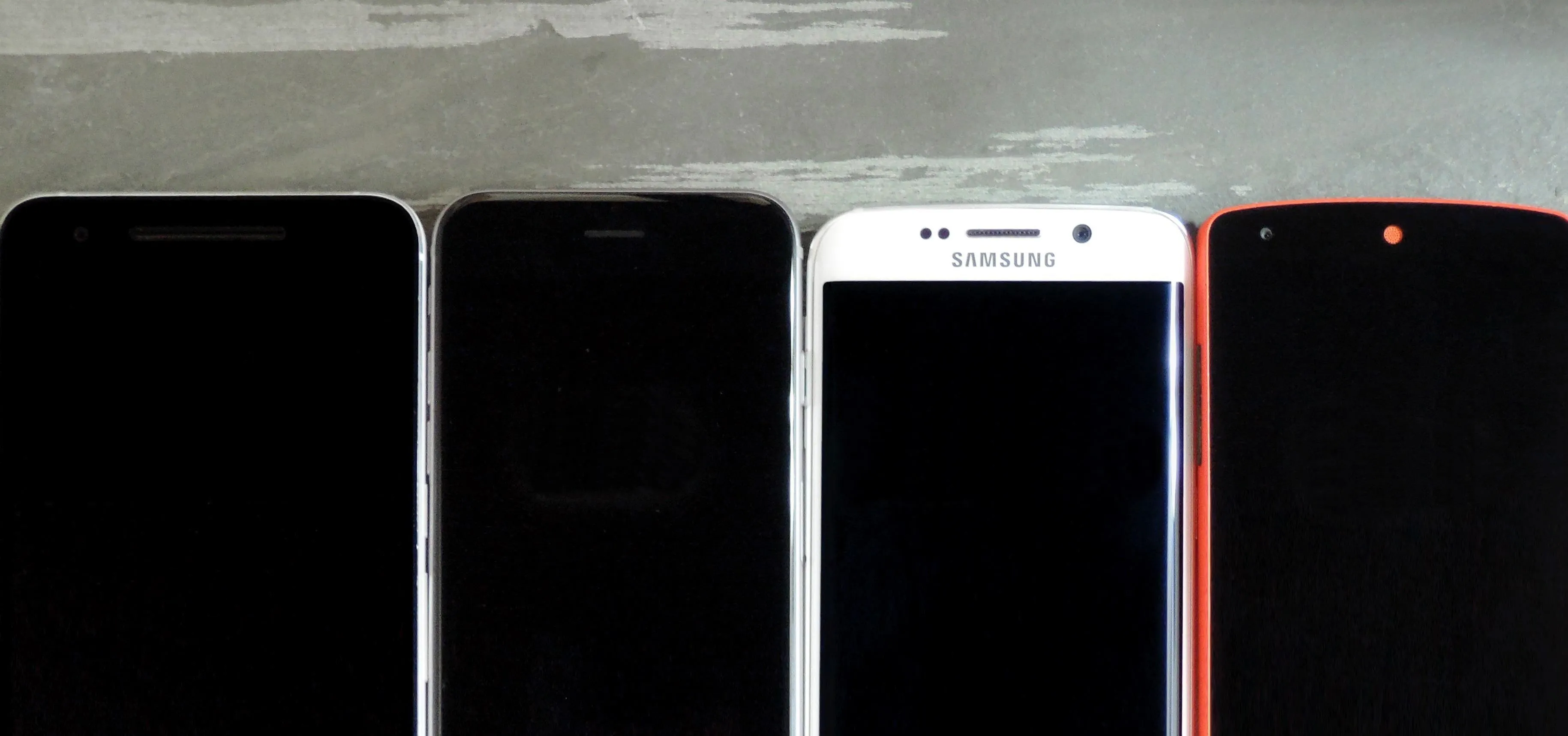
Comments
Be the first, drop a comment!